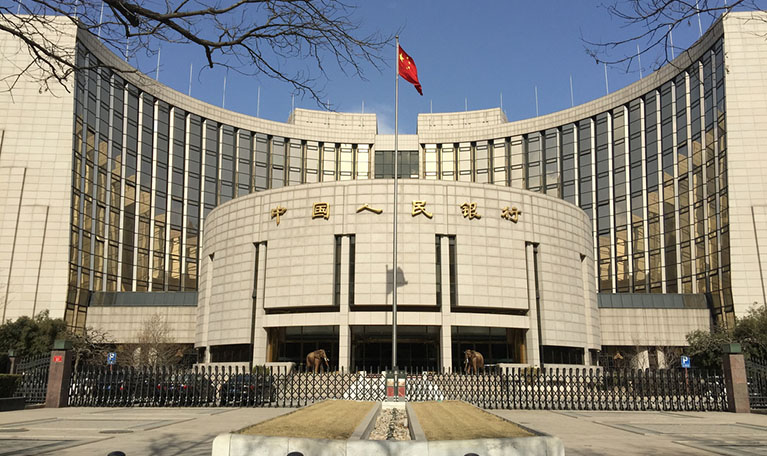China isn’t afraid of anything. The “People’s Republic of China” (ironic really) is the world’s most populous country with a population thought to be 1.401billion people and with no one child policy thankfully anymore, growing at 0.51% annually. It’s 9,596,961 km2, an estimated GDP of $23.122 trillion for 2017 and a yearly defence budget of $146 billion as of 2016 statistics. Until now.

Changes to Chinese Bank and FI declaration processes
As of July 2017, banks and other financial institutions in China have had to declare all domestic and overseas cash transactions of more than 50,000 yuan (approximately $7,300), compared with 200,000 yuan previously. Financial institutions will also need to report any overseas transfers by individuals of $10,000 or more. Apparently, these “are not capital controls” and aimed at curbing money laundering, various criminal funding and fraudulent investments and transactions. Enter cryptocurrency.
Holistically, regulations allow Chinese nationals a foreign exchange quota of $50,000. The state dictates this to reduce investment in overseas property, foreign business investments and promote medical care, tourism and business travel. Nationals need to show how and when they plan to use their foreign currency and the state said, “it would step up scrutiny on individual foreign currency transactions and strength punishment on all illegal outflows of money.” Again, I repeat, These are not “capital controls” and China is still officially “communist”.
Could cryptocurrencies prove a thorn in China’s side or its downfall?
In reality, the 5000+ and growing cryptocurrencies available to the world are one thing that can bring this great nation financially to its knees. Cryptocurrency is cheap, fast, efficient, safe (ish), anonymous, digital, direct, untraceable and even for the super liberals, more environmental friendly than cash. In short, the exact opposite of what a money restriction law is trying to achieve and perfect for the Chinese to remove their money from the mainland. As the old Chinese proverb says, “a diamond with a flaw is worth more than a pebble without imperfections.”
Typically, the usual method is to gather good friends and family, use their $50,000 limit to move cross border to Hong Kong and they are away. The more extreme examples will be conjured images of strapping cash to their bodies and carrying suitcases of Yuan as per the “wolf of wall street.”
Now, to not get too “self-help manual” all is needed is a computer, internet, a reputable platform to buy and sell cryptocurrencies and an understanding of how to deposit and withdraw the various currency you wish to trade. In reality, this means money can literally flood out the country undetected. Since 2014, $1 trillion has left China and the capital controls have been enforced by National Congress to maintain the “Iron Fist”.
In September, The People’s Bank of China banned Initial coin offerings (ICOs), the cryptocurrency version of an initial public offering (IPO) in traditional financial markets. They are used to raise capital for crypto projects and according to research site Coin Desk amassed $1.5bn this way since the start of the year. When the ICO ban in China was announced Bitcoin plunged demonstrating clear cause and effect between China and cryptocurrency, Bitcoin specifically. They are linked but certainly don’t need each other.
Like any major state like Russia or USA, if you can’t regulate it, you ban it. In an increasingly connected, integrated world with many completely disillusioned with “the establishment” Bitcoin and cryptocurrency is almost a poster boy to reflect this global sediment.
Worryingly for China, it shows no sign of slowing especially as Bitcoin marches on this week rallying to a near record high of $8,000 a coin. Please excuse the currency pun, but the penny surely must have dropped with not only China but global governments and financial intuitions as a whole. Times are changing fast, power is shifting, methods and norms of money transfer are evolving and we are approaching a fork in the road.
The world either accepts and embraces the digital financial revolution or governments, especially China will really be forced to demonstrate what “capital control” means. I end with another Chinese proverb: “Be not afraid of growing slowly, be afraid of only standing still.”
